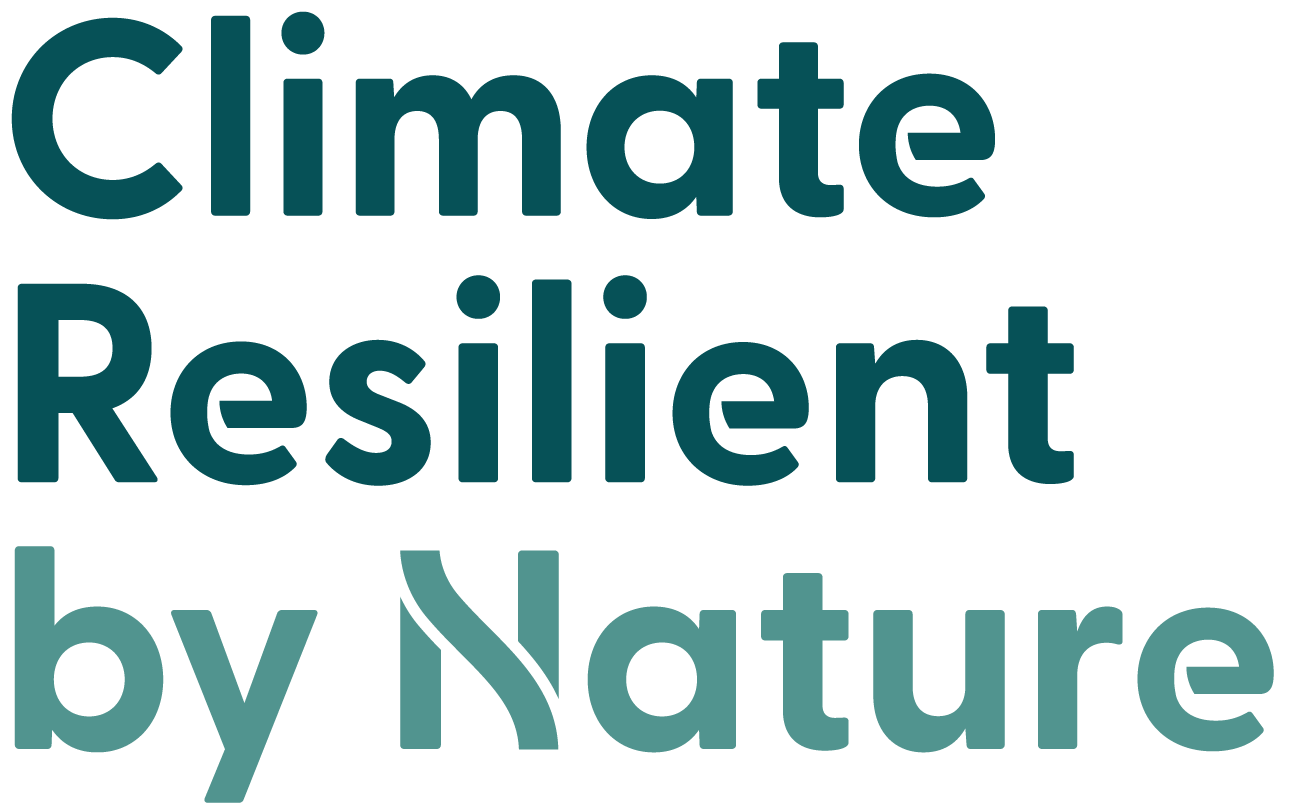Climate Resilient Reefs
© Jürgen Freund / WWF
Climate Resilient by Nature supports projects that harness the power of nature-based solutions to restore and protect critical ecosystems including coral reefs, mangroves, forests and coastal marine environments.
The disappearance of coral reef systems creates countless challenges for more than 500 million people around the world who depend on reefs for food, income, and protection from extreme weather.
The IPCC consensus concludes that, even if the average global temperature rise is limited to 1.5°C above the pre-industrial period, 70-90% of today’s corals will be lost by 2100. With global warming of 2°C or above, only 1% of coral reefs today are likely to survive.
But there is hope. The Coral Reef Rescue Initiative assessed 194 variables to identify reefscapes with the best chance of long-term survival. These special coral reefs, which are relatively less exposed to climate change stress due to local oceanographic conditions, have an important role to play in the replenishment and restoration of other coral reefs.
Most of these least exposed coral reefs are found in developing countries, with just seven countries being home to 70% of the regeneration potential for the world’s reefs.
Climate Resilient by Nature is working with WWF and its partners to support local communities sustainably manage their coastal and marine resources, promote food security and build the climate resilience of the critical reef ecosystems upon which we all depend


